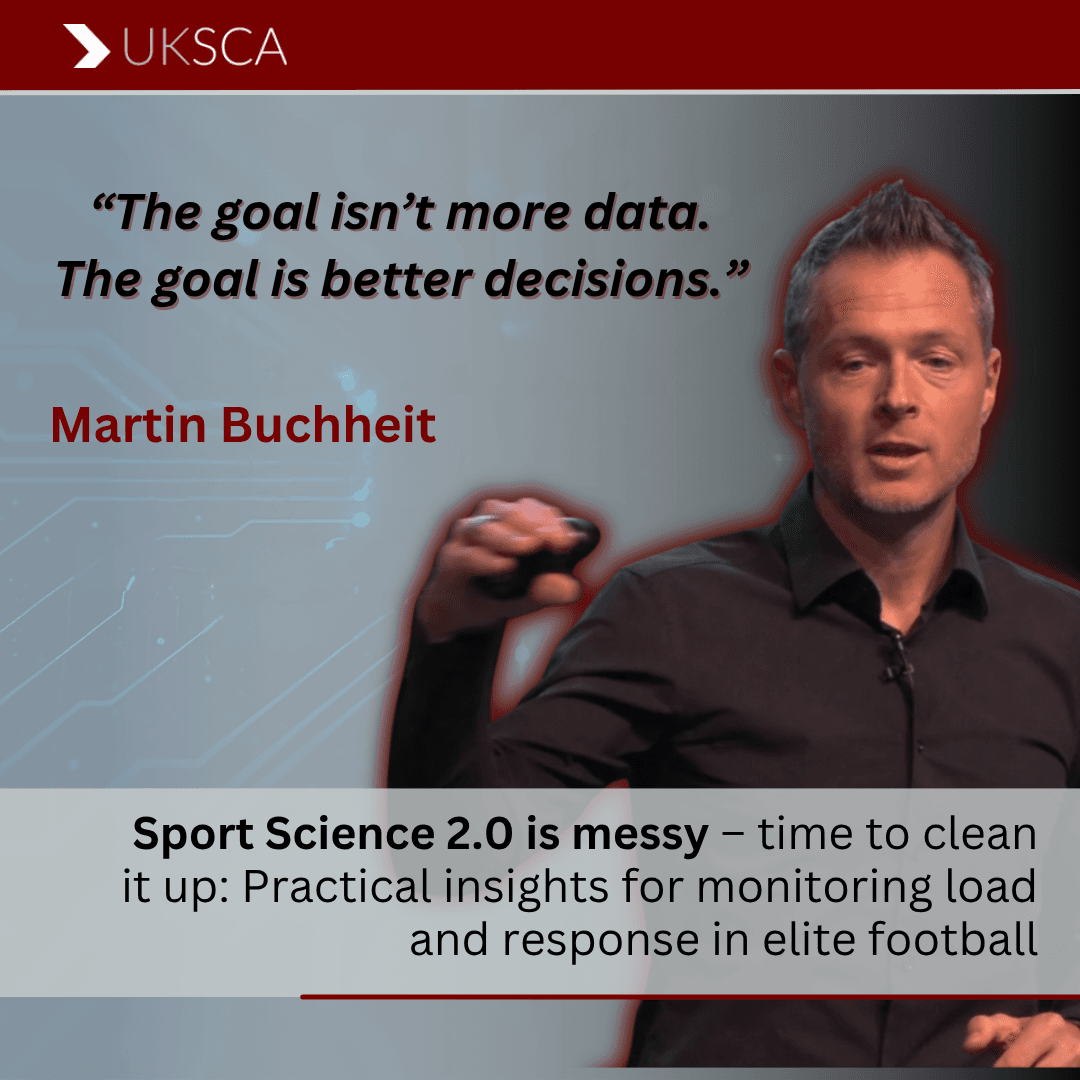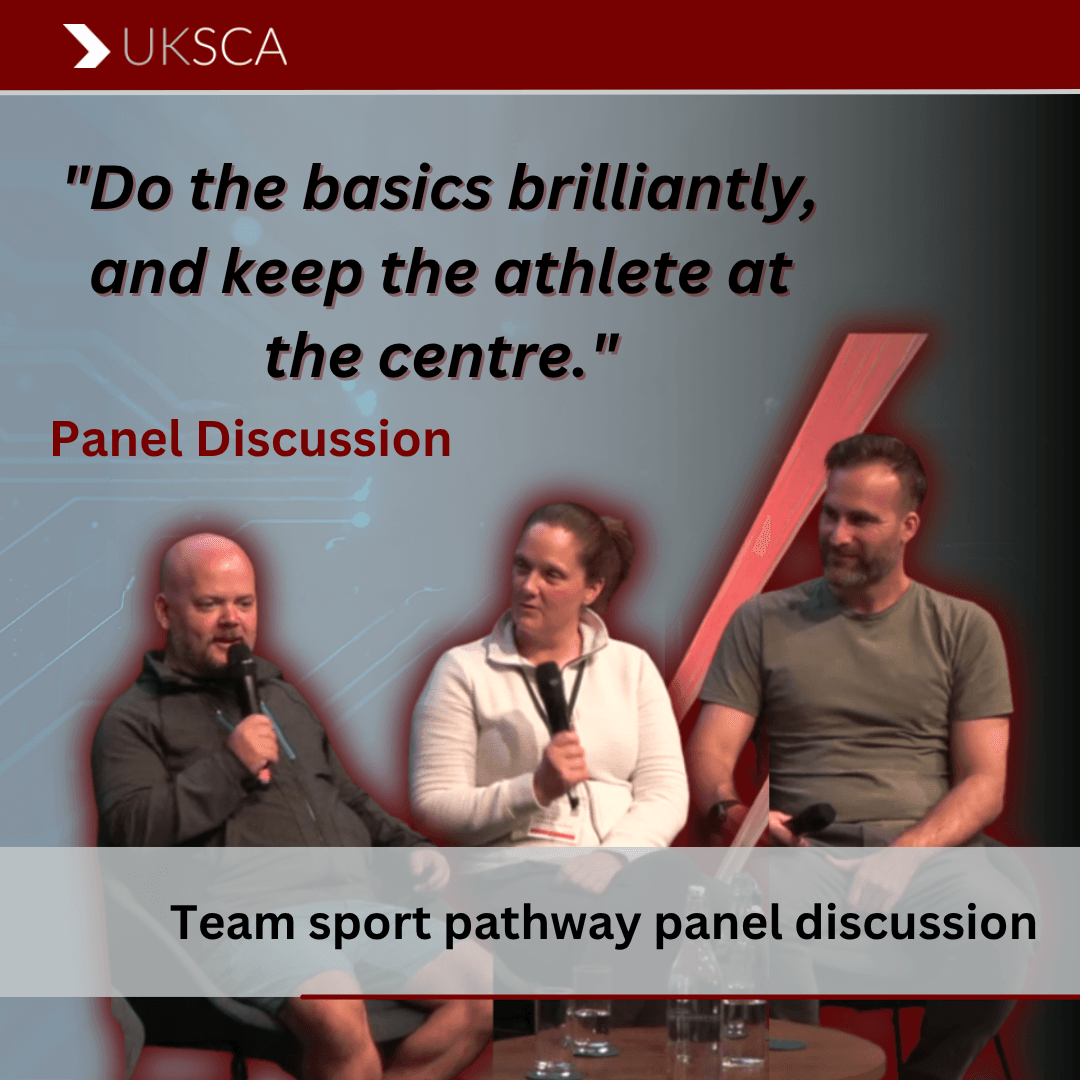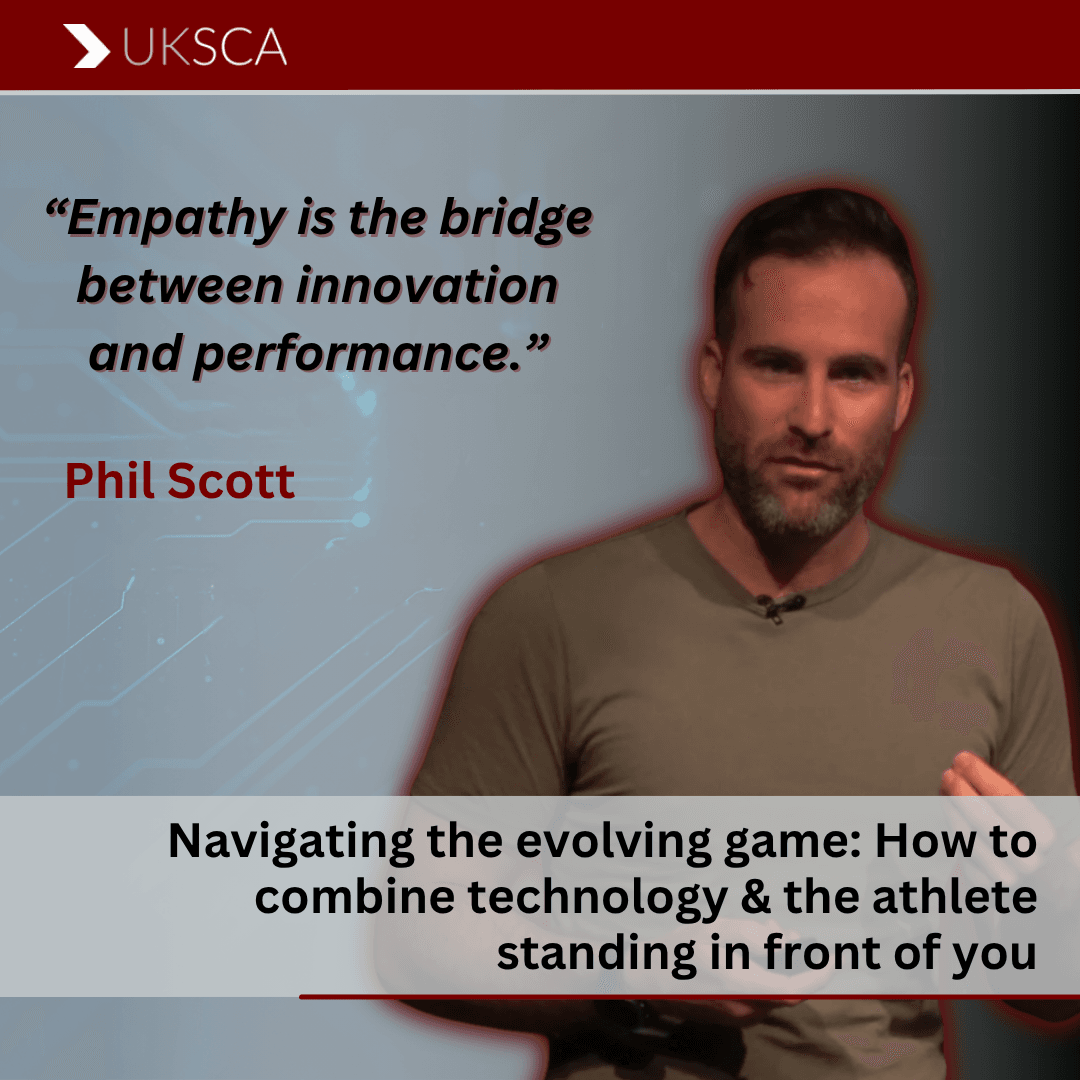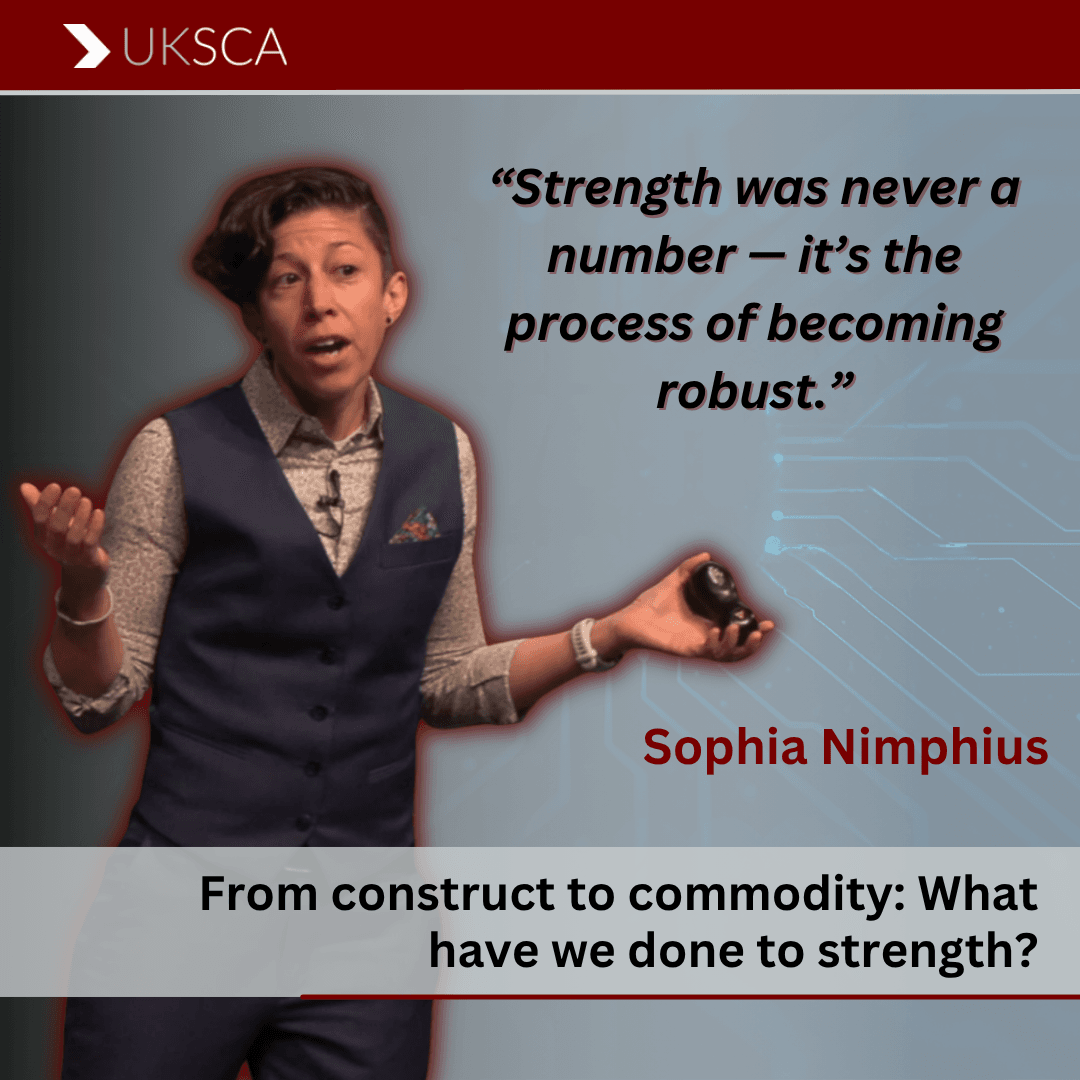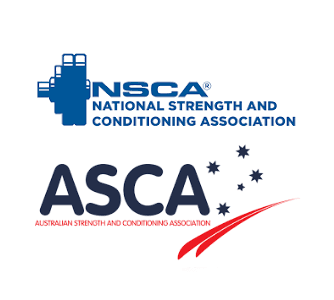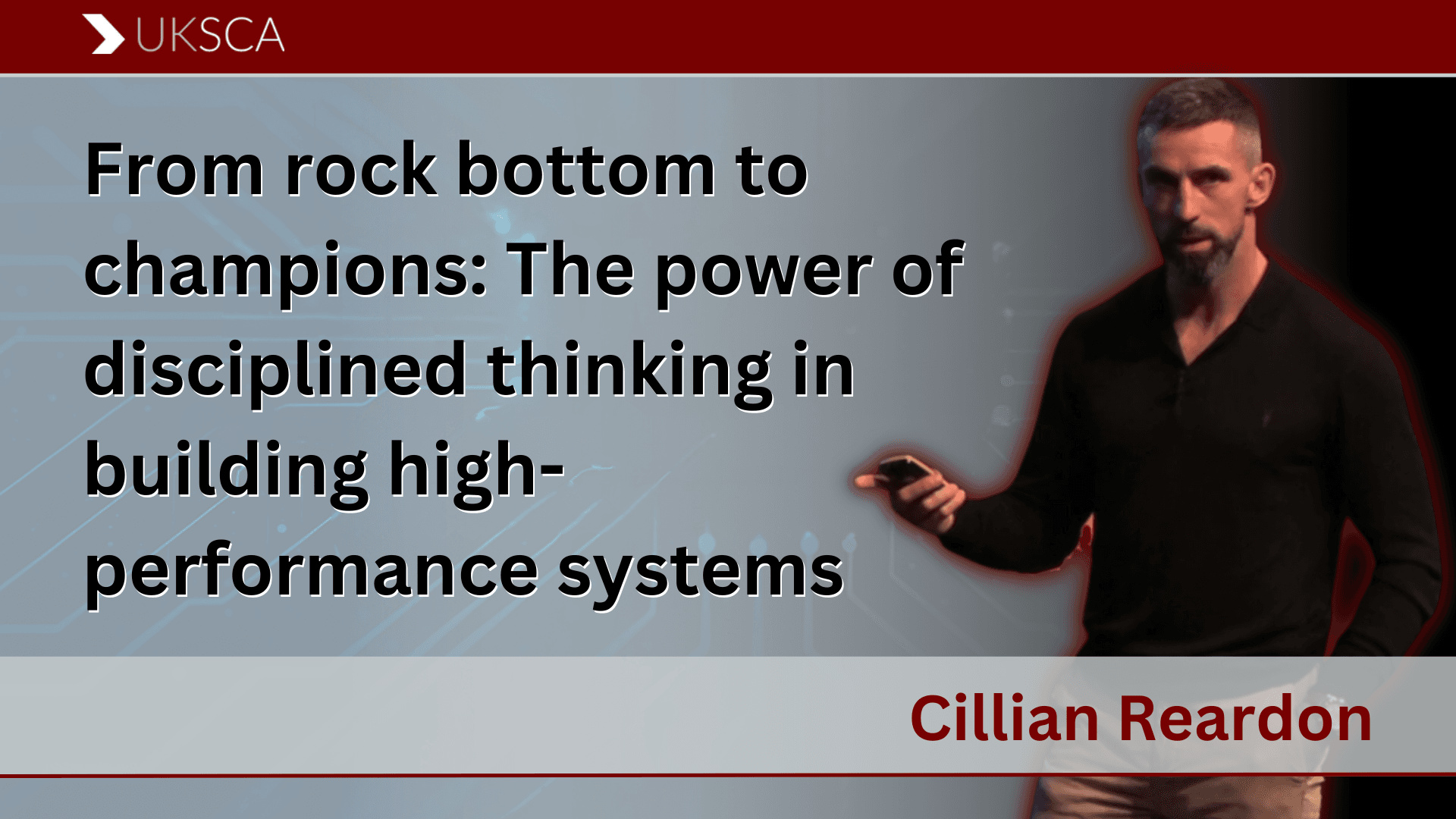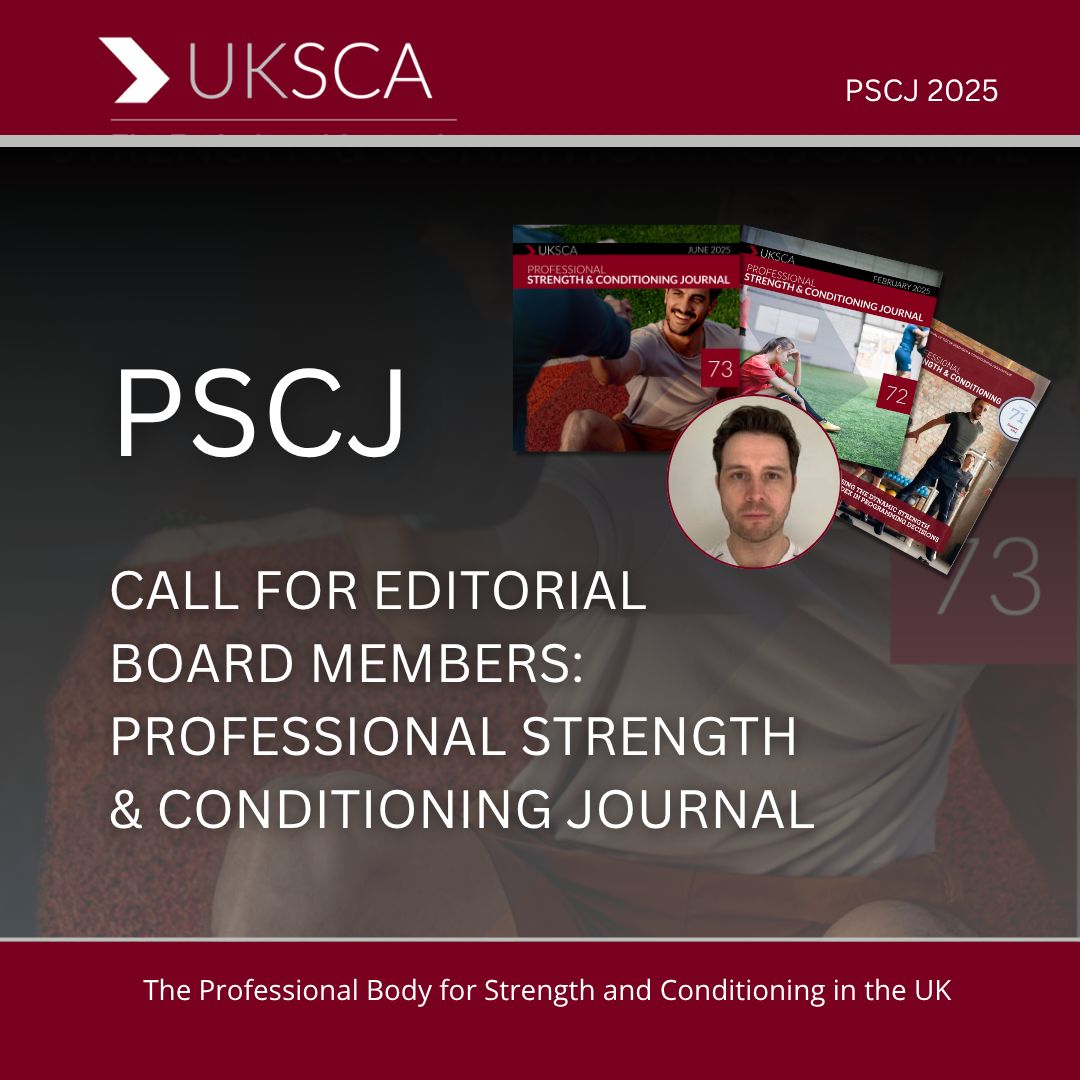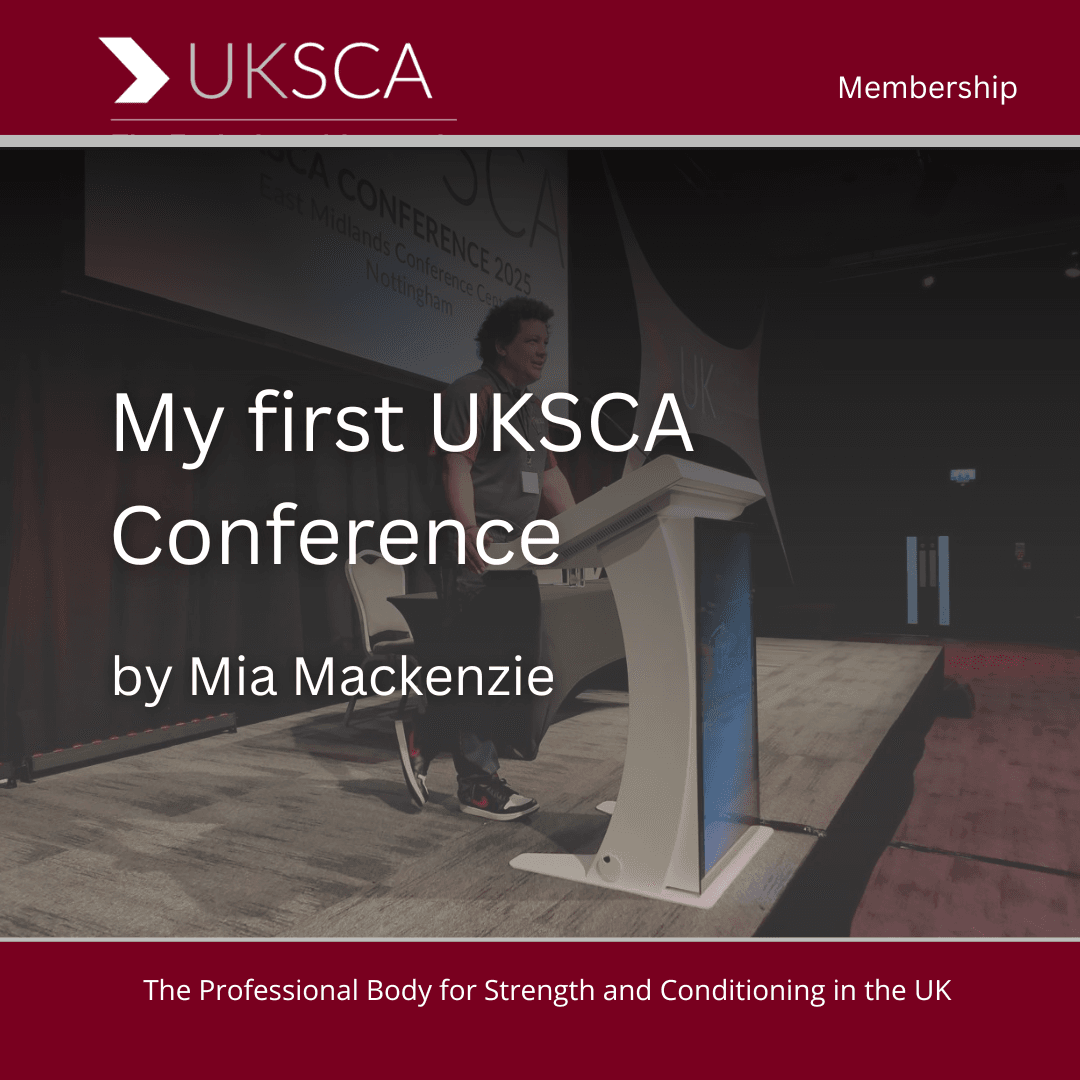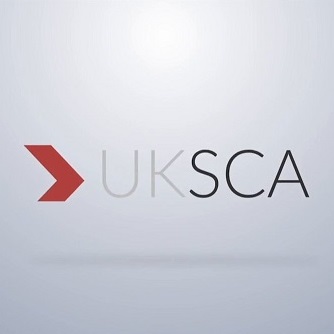


At the UKSCA, we are inspired by the number of coaches who set their sights on becoming Accredited Strength and Conditioning Coaches (ASCC). The accreditation process is intentionally rigorous, it’s designed not just to test knowledge, but to develop thinking, reflective, and adaptable practitioners who are committed to long-term coaching excellence.
In recent years, however, we’ve seen a growing number of external mentorship programmes being offered, often for a fee, by individuals who are themselves Accredited members. While we understand the appeal of these offers, especially for those seeking structure or guidance, we want to ensure you are entering into these fully informed.
The UKSCA does not endorse or quality-assure any external mentorship products, even when they’re run by Accredited members. While these mentors may have personal experience of passing the assessment, this does not necessarily translate into the ability to effectively prepare others for it.
To use an analogy: becoming a UKSCA Accredited S&C Coach is like passing your driving test, but holding a driving licence doesn’t make someone a qualified driving instructor, let alone a DVLA driving examiner. Just as driving instructors are trained to teach and examiners are trained to assess consistently and fairly, UKSCA tutors and assessors undergo specific training and are kept up to date with evolving standards. They are also subject to rigorous quality assurance.
Unfortunately, we’ve had instances where candidates, after investing in external mentorships, have failed their assessment and then expressed frustration, not at the mentor who provided the guidance, but at the UKSCA assessors who upheld the standards. In some cases, mentors have even challenged the assessors' decisions without having been present during the assessment or trained in our evaluation process. That’s not just unhelpful, it’s inappropriate.
A strong theme in the reflections of successful candidates is this: the process of working towards accreditation was more valuable than the outcome itself.
Yes, the pass/fail moment matters. However, more important is how the process of preparing for your assessment exposes gaps, challenges your thinking, sharpens your coaching, and develops your ability to communicate under pressure. True development often happens in the discomfort, when things don’t go exactly to plan. That’s why quick fixes or tick-box mentorships can actually rob candidates of the deeper learning the process is designed to unlock.
As one recent blog from a member who has been through the accreditation process insightfully put it:
"It’s a moment where you move from coaching what you know, to understanding why you coach it, and how to adapt it to different contexts."
Mentoring can be a valuable tool in a coach’s development and certainly does not need to be gained via a paid mentorship; indeed, many experienced practitioners will offer the comparable offerings to many advertised mentorship programmes for free. If you decide a mentorship is for you, we recommend that you look for programmes that offer more than just passing UKSCA Accreditation and consider the wider development needs of you as a coach. Use your mentor’s experience to develop in as many areas as possible. For example, we often advise candidates to work with as many athletes, in a variety of sports and at a variety of levels to develop your coaching skills – if you do this under a mentor, you can gain so much more than focussing on one athlete just to pass your case study.
We recognise that assessment days are high-pressure environments and that underperformance can happen. We also recognise and value the hard work that many candidates invest in preparing. If you’ve had a disappointing result, we encourage you to speak directly with the UKSCA about constructive next steps. For example, attending one of our official workshops, such as Weight Lifting or Plyometrics, Agility and Speed, is often the most effective route forward. In exceptional cases, we’ve also facilitated confidential guidance from senior assessors to help dedicated candidates’ progress.
If you're thinking about working with a mentor to pass the UKSCA Accreditation, ask these questions:
We know how much effort goes into preparing for assessment. When someone fails after following external advice, it’s understandably frustrating, especially when they’ve paid for that support. However, blaming the assessment or assessors misses the bigger picture. The real question is whether the preparation approach matched the standard and whether it helped you grow as a practitioner.
We applaud your ambition to achieve UKSCA accreditation. Please make informed decisions about how you prepare and if in doubt, reach out to us. We’re here to help, properly, transparently, and with your development at heart.
